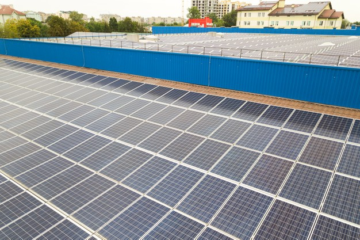Recently, the Ministry of Environment, Forest and Climate Change, Government of India has notified the draft for ‘‘Green Credit Programme (GCP)’’ implementation rules for 2023.
What is Green Credit?
The Indian government has introduced initiative called “Life Mission’’. Under this mechanism their aim is to prevent the relentless use of resources. Under this mechanism the government of India will be focusing on waste management, water management, forest conservation, and ecosystem services to promote sustainable way of living and eco-friendly development.
The Programme is conceptualized as a market-based mechanism to promote LiFE. It aims at incentivizing voluntary environmental actions by stakeholders, private industries and other persons to generate or buy Green Credits (GCs) to meet their obligations.
The draft Green Credit Programme Implementation Rules propose awarding individuals and other entities with credits for undertaking eight “environmental interventions.” These credits can then be “made available for trading on a domestic market platform,” says the draft of the programme.
‘’Green credit’’ is a new initiative by the Indian government to protect the environment and for its betterment and development. The benefits of this initiative are going to be for Farmer producer organisations (FPO), cooperatives, forestry enterprises, and urban and rural local bodies.
How to earn green credit
The Eight Environmental Interventions that can make you earn Green Credits are as follows:
- Planting trees
- Harvesting and saving water
- Treating wastewater
- Promoting natural and regenerative agricultural practices
- Improving waste management, segregation and collection
- Reducing air pollution
- conserving and restoring mangroves
- Obtaining an Eco Mark label for manufacturing and constructing buildings, issued by BEE
Significance
The Green Credit Programme would also encourage private sector businesses and organizations, together with other entities, to fulfil their current legal requirements by engaging in activities that are pertinent for creating or acquiring green credits. The programme will not only help to generate credits but can be extremely powerful in delivering benefits like more Green Cover, microclimate creation, better agriculture produce, waste management, water conservation. Addressing air pollution have immense social and health benefits. These are some of the more pressing issues that need solutions and I think if done right there is more value to SDG and other issues than really carbon. A strong accounting mechanism is required to avoid Greenwashing and Double counting of the credits generated.


